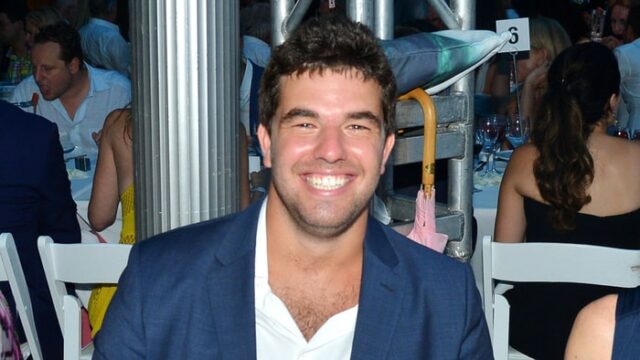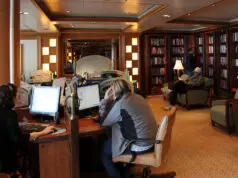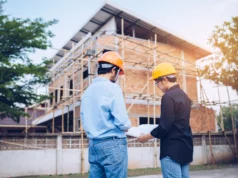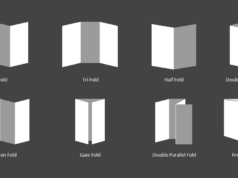
If you haven’t already heard about the festival that is dominating headlines this weekend because of its failure to cater to attendees expectations, you are about to hear more about it. Fyre Festival has experienced a slew of problems due to weather and bad planning on behalf of the festival’s organizers. As attendees arrived at the remote island, many problems awaited them. Billy McFarland, co-founder of Fyre Festival has spoken out on the festival’s disaster. He has promised that there will be make-up dates that are free to all attendees next year, as well as explains some of the shortcomings that might have led to the festival’s demise.
We can only hope next year is much, much better, or that festival attendees are safe and in good hands.
Read his full statement below, as printed in Rolling Stone:
Today is definitely the toughest day of my life. I’d love the opportunity to go through and tell my story of how we got here and how I see it now and where it’s going.
I was a computer programmer, and after computers, the two things I love most are the ocean and, for some reason, rap music. So these three hobbies of mine somehow led me to meeting my partner, Ja Rule. Together, we became friends and business partners. For us, it was always a battle of pushing the limits. Once we got flying lessons together, we got on these really bad 40-year-old planes and flew from New York to the Bahamas – not really knowing the Bahamas very well – ran out of gas and landed in the Exumas and both of us immediately fell in love.
We started this website and launched this festival marketing campaign. Our festival became a real thing and took [on] a life of its own. Our next step was to book the talent and actually make the music festival. We went out excited, and that’s when a lot of reality and roadblocks hit.
The Exumas didn’t have a really great infrastructure – there wasn’t a great way to get guests in here – we were a little bit ambitious. There wasn’t water or sewage. It was almost like we tried building a city out of nothing and it took almost all of our personal resources to make this happen, and everything we had, to make this festival go on. We thought we were ready and built two different festival sites.
The morning of the festival, a bad storm came in and took down half of our tents and busted water pipes. Guests started to arrive and the most basic function we take for granted in the U.S., we realized, “Wow, we can’t do this.” We were on a rush job to fix everything and guests were arriving and that caused check-in to be delayed. We were overwhelmed and just didn’t have the foresight to solve all these problems.
We made sure all guests got a place to stay and had a really long conversation overnight last night after everyone was housed about what to do next and realized we couldn’t risk the safety challenges. So that was the decision that we made — the first thing for us was making sure all these guests get refunded [and] all the vendors get taken care of. All the guests are going home, the refunds are being processed.
The weather unfortunately delayed flights and made them run into each other in terms of being close to when a lot of people were arriving. That was unfortunately something we had no control of, but it made things unacceptable for guests and we feel bad for it.
We thought we were making timeframes that were correct. We were a little naïve in thinking for the first time we could do this ourselves. Next year, we will definitely start earlier. The reality is, we weren’t experienced enough to keep up.
Everybody who wants to go home is being sent home tonight. Some of the guests who are staying in private homes, we’re asking them to stay longer, if they can. We’re going to take every measure to make this right for everybody now, and make this right for everybody next year, on a large scale.
There will be make-up dates, May 2018 in the U.S., free for everybody who signed up for this festival. We will donate $1.50 [per ticket] to the Bahamian Red Cross. It’ll keep the theme of being on water and beach. It’ll be not just music, but all forms of entertainment. The one change we will make is we will not try to do it ourselves. We will make sure there is infrastructure in place to support us.









